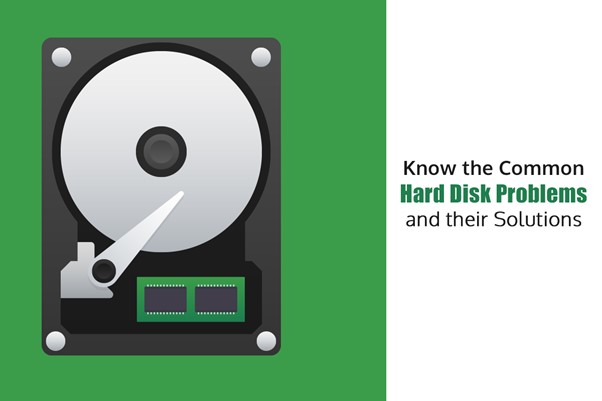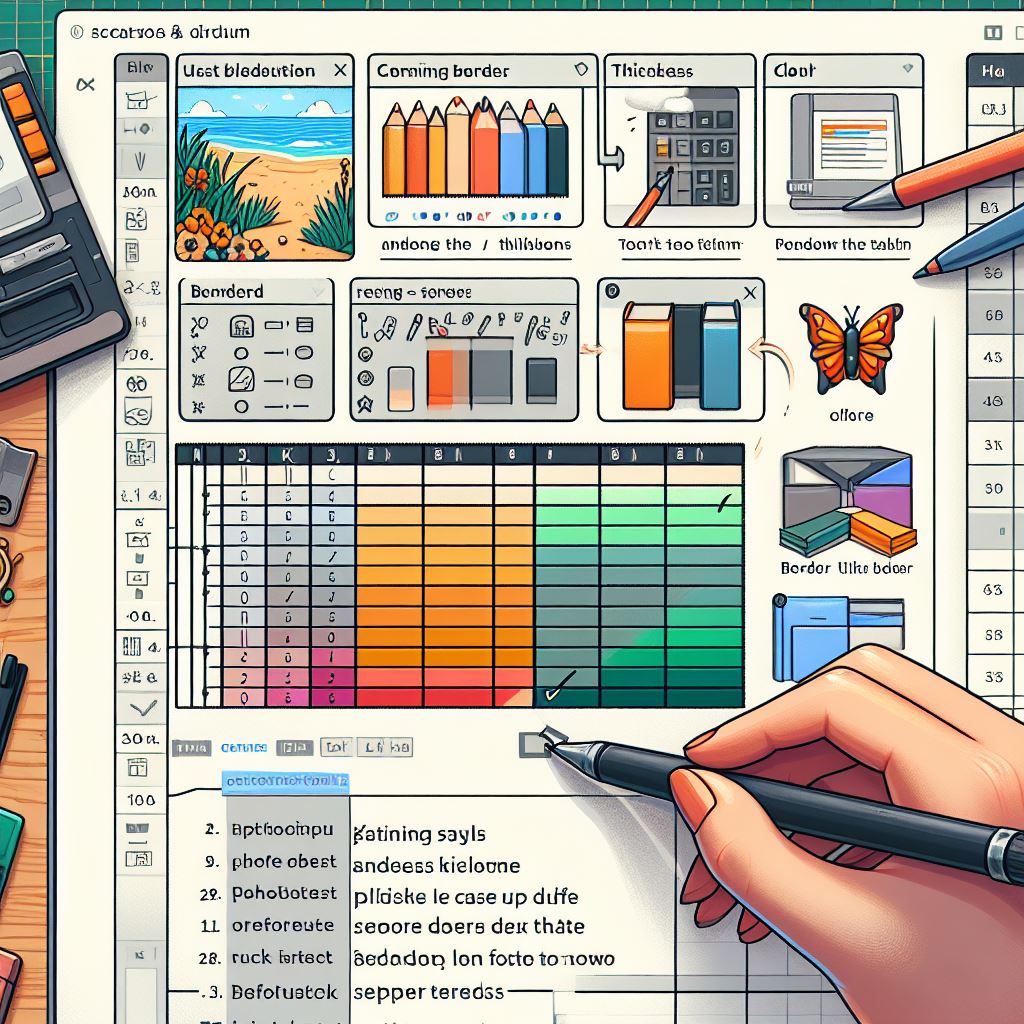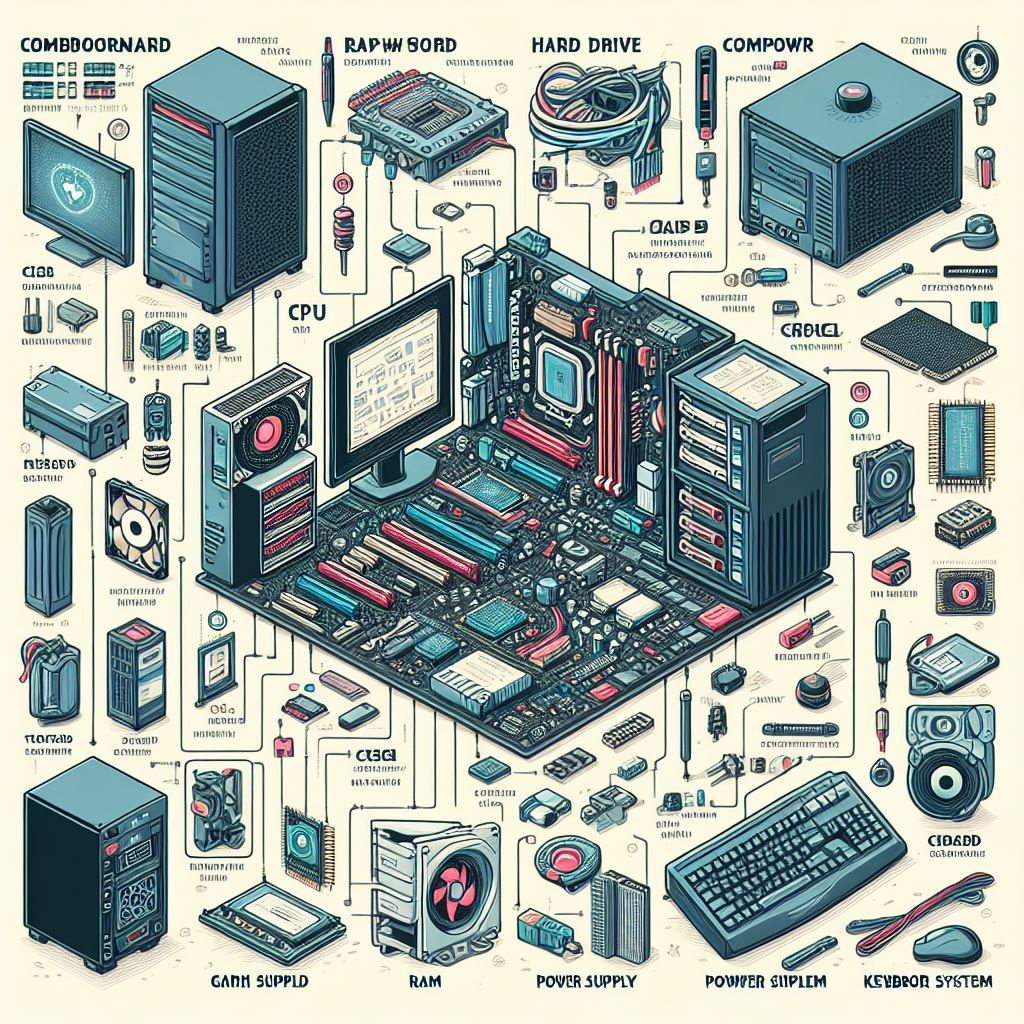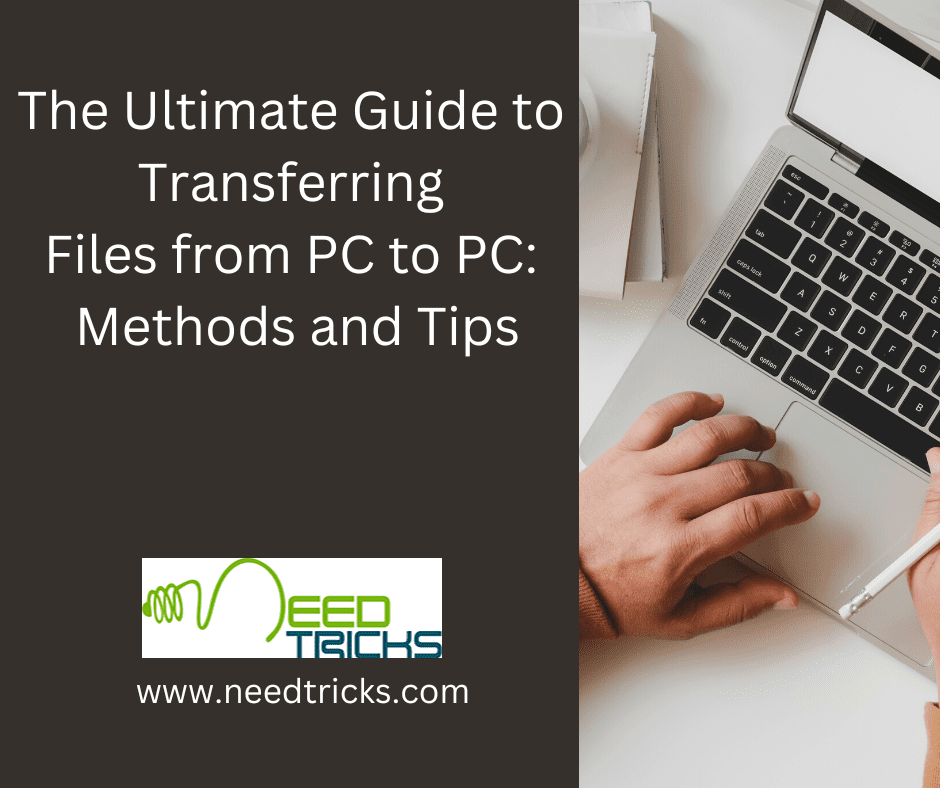You need the hard drive to work in top condition to store your digital information safely. However, there are times when this essential component of a computer system fails. When it does, it can result in data loss and even system failure.
Different hard disk problems can rock your life. Therefore, it is crucial to know them so you can quickly fix them.
Know the Common Hard Disk Problems and their Solutions
Making Strange Noises
If your hard drive makes strange noises, it might indicate that it is failing. Therefore, as soon as you hear noises from your hard disk, ensure to back up your data as quickly as possible. Then, replace the drive.
If you hear a grinding or clicking noise, it might be caused because of failing platters or heads. To prevent your hard drive from failing, copy your data to another drive and format the original one. Formatting the drive will erase all data, but it will protect the drive from further damage.
The Hard Drive Says ‘read-only’
The read-only problem is particularly an issue with external hard drives. Whether you are trying to transfer files to the disk or copy files from the disk to your computer, the read-only issue will create problems for you.
Changing from read only is the solution to unlocking the hard drive. But first, you must head to Settings and check the permission settings. Then, you must modify the permission settings to use the hard drive if access restrictions exist.
Hard Disk Crashes
Hard disk crashes are a common problem, but they can impact your entire workflow. For example, the drive might have crashed because of overheating or a power outage. In addition, data loss is a significant concern if your hard drive has crashed. Therefore, it is essential to have a backup plan.
If your hard disk has crashed, do not hesitate to reach out to a technician for help.
Overheating
Is your hard drive overheating? It might be because of clogged air vents or a faulty fan.
If your hard disk is getting too hot, you must not ignore this problem. Overheating sometimes leads to hard drive failure, which can compromise your data or damage the drive itself.
You can prevent this by ensuring your system is kept in a well-ventilated area. Also, check the fans and make sure they are working correctly.
Physical Damage
If your computer is hit hard or it has fallen, there might be serious damage to the internal components, especially the hard drive. In addition, the platters and head might be affected, resulting in data loss. This will cause your computer to showcase startup problems.
You must protect your hard disk from physical damage. For example, use a laptop sleeve or case to protect the drive against falls.
Bad Sectors
Bad sectors on a hard drive cannot be used because they are damaged. If your system is experiencing issues accessing folders or files, it might be because of bad sectors on your hard disk.
Are you suspecting that bad sectors are the real culprit? If it is causing problems with your device, use a tool like chkdsk to scan your disk for errors thoroughly.
You may need to replace your drive if there are any errors.
Running out of Space
When a hard drive is nearing full capacity, it shows warning messages. This means you must free up storage space on your drive, or it will affect your computer’s performance.
Delete all unnecessary files and documents to free up space. Also, you can move your important files to a cloud storage service or an external drive. Alternatively, you can upgrade to a larger hard drive.
The File System is Damaged
If you cannot access your data, it might be because the file system is corrupted or damaged. The issue is caused due to several reasons, including virus infection and bad sectors on your hard disk.
If the file system is corrupted, remember to back up your data as quickly as possible. Then, reformat your disk.
Computer is Lagging
If your computer is running slowly and the performance is lagging, there might be an issue with the hard drive. For example, there might be a large number of fragmented files, or the drive is running low on storage space. Fix the problem by defragmenting your drive and removing redundant files.
Conclusion
Hard drives are one of the most vital components of a computer, and you must take proper steps to protect them. First, you must have a regular backup plan in place, so there’s no hassle of losing data, even if your hard disk fails or crashes.
Although there are several other hard disk problems faced by users, the ones mentioned above are some of the most common. Therefore, awareness of the problems is the first step to preventing them and protecting your data.
If you experience any hard drive problems, do not panic. You can troubleshoot and fix the issues yourself or call your technician.











